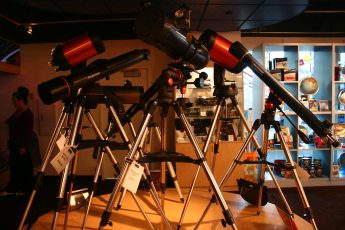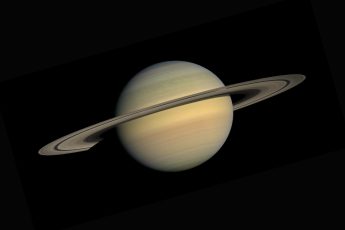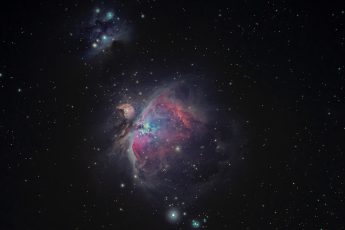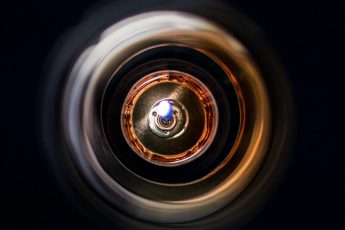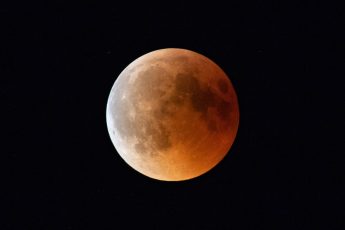Delving into the Cosmic Wonders: Why Own a Telescope?
Owning a telescope can open up a world of endless possibilities for stargazing and astronomy enthusiasts. From observing celestial bodies in our solar system to catching a glimpse of distant galaxies, telescopes bring the mysteries of the cosmos right to your doorstep.
This article will explore the numerous benefits of owning a telescope and how it can elevate your astronomy experience.
A Gateway to the Cosmos: Benefits of Telescope Ownership
Expanding Your Astronomical Knowledge
Owning a telescope allows you to dive deep into the world of astronomy, offering a hands-on approach to learning about celestial objects, their movements, and the underlying principles of the universe. With a telescope, you can:
- Observe our solar system’s planets, moons, and other celestial bodies.
- Study the constellations, star clusters, and asterisms.
- Learn about celestial events like meteor showers, eclipses, and comets.
Awe-Inspiring Observations
A telescope lets you witness stunning celestial phenomena up close, providing a unique, immersive experience that’s hard to replicate through books or online resources. Some awe-inspiring observations you can make with a telescope include:
- Craters, mountains, and valleys on the moon.
- The rings of Saturn and the Great Red Spot on Jupiter.
- Colorful nebulas, distant galaxies, and globular clusters.

Boosting Creativity and Imagination
Telescope ownership can spark your creativity and imagination, offering new perspectives on the universe and its wonders. As you explore the night sky, you might ponder existential questions or envision stories inspired by the celestial bodies you observe.
Astrophotography Opportunities
Owning a telescope allows you to experiment with astrophotography, capturing breathtaking images of celestial objects and events. With the right equipment and techniques, you can create stunning visual records of your astronomical observations to share with others or enjoy.
Bonding with Family and Friends
Astronomy is an activity that can be enjoyed by people of all ages. Owning a telescope provides an opportunity to bond with family and friends over shared stargazing experiences and can even spark an interest in astronomy among younger generations.

Making the Most of Your Telescope: Tips for Enhancing Your Astronomy Experience
To truly reap the benefits of owning a telescope, knowing how to use it effectively is essential. Here are some tips to help you make the most of your stargazing and astronomy sessions:
- Choose the right telescope: Select a telescope that suits your needs and preferences, considering factors such as aperture size, portability, and maintenance requirements. Research the differences between refracting and reflecting telescopes to make an informed decision.
- Learn the night sky: Familiarize yourself with the constellations, major stars, and planets, so you can easily locate celestial objects and navigate the sky with your telescope.
- Invest in quality accessories: Enhance your telescope’s performance with quality eyepieces, filters, and other accessories to improve image clarity and magnification.
- Join an astronomy club: Connect with fellow enthusiasts, share experiences, and learn from others by joining a local astronomy club or participating in online forums.
- Observe under optimal conditions: Choose dark, clear nights for your stargazing sessions, and avoid locations with excessive light pollution to ensure the best possible viewing conditions.
FAQ: Your Telescope Ownership Questions Answered
Q: How much does a telescope cost?
A: Telescope prices can vary widely, ranging from under $100 for basic models to thousands of dollars for high-end, advanced telescopes. When selecting a telescope, consider your budget and the specific features required for your astronomy interests.
Q: Can beginners use a telescope effectively?
A: Yes, beginners can use a telescope effectively. Many entry-level telescopes are designed with user-friendly features and are suitable for those new to astronomy. It’s essential to read the instruction manual, practice setting up and using the telescope, and familiarize yourself with the night sky to enhance your stargazing experience.
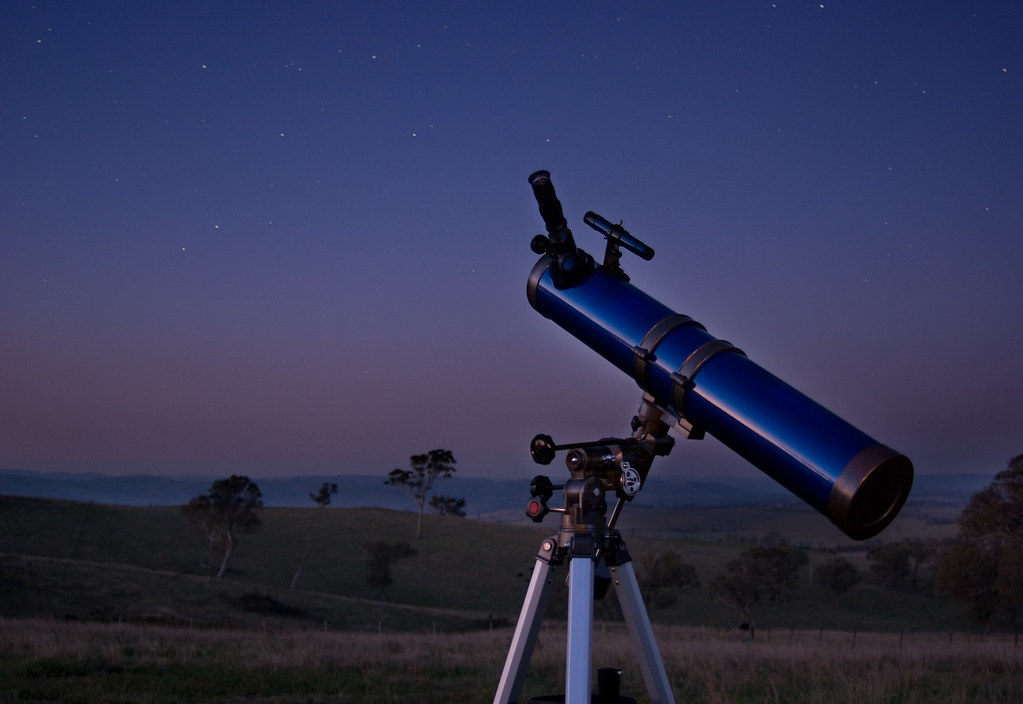
Q: What maintenance does a telescope require?
A: Telescope maintenance varies depending on the type of telescope you own. Refracting telescopes require minimal maintenance due to their sealed tube design, while reflecting telescopes may need regular cleaning and mirror alignment (collimation). In general, it’s essential to keep your telescope’s lenses and mirrors clean, store the telescope in a dry and dust-free environment, and periodically check for any loose or damaged components.
Q: Can I use my telescope during the day?
A: While telescopes are primarily designed for nighttime observations, some models, such as birdwatching or nature studies, can be used for daytime observations. However, it’s crucial never to point your telescope at the sun without proper solar filters, as this can cause severe eye damage and damage to its internal components.

